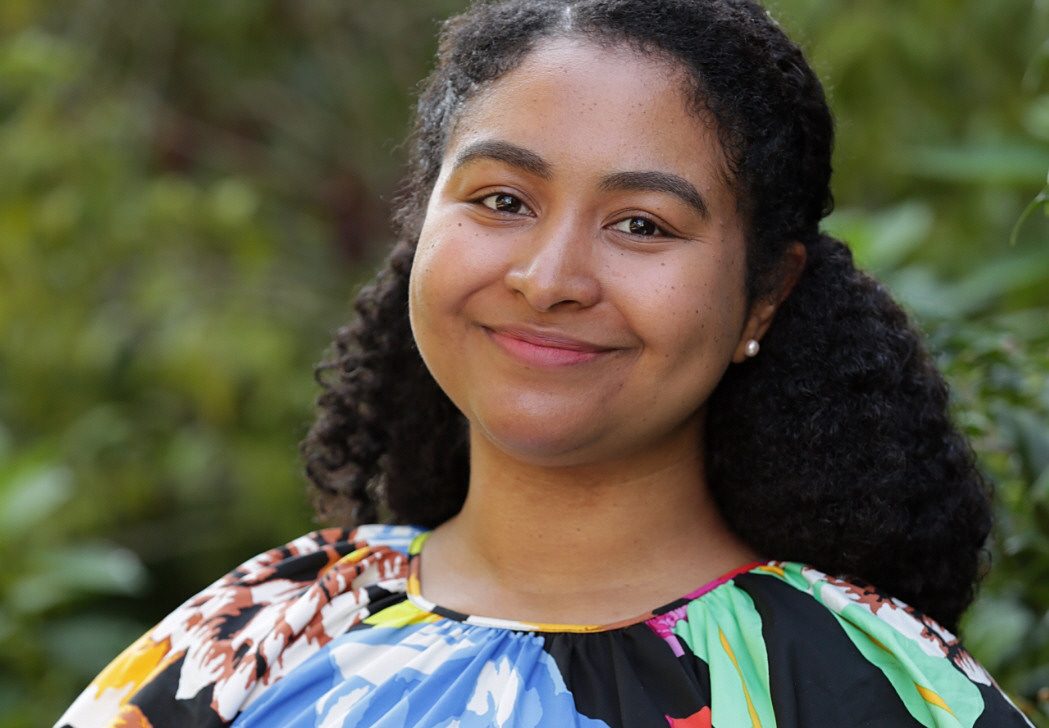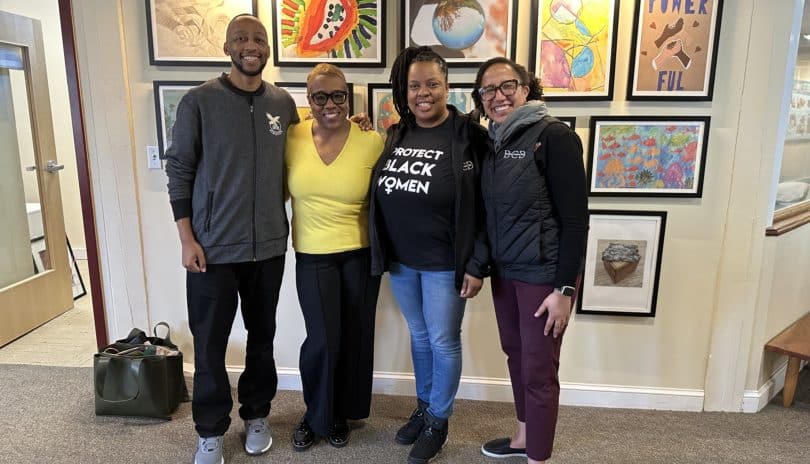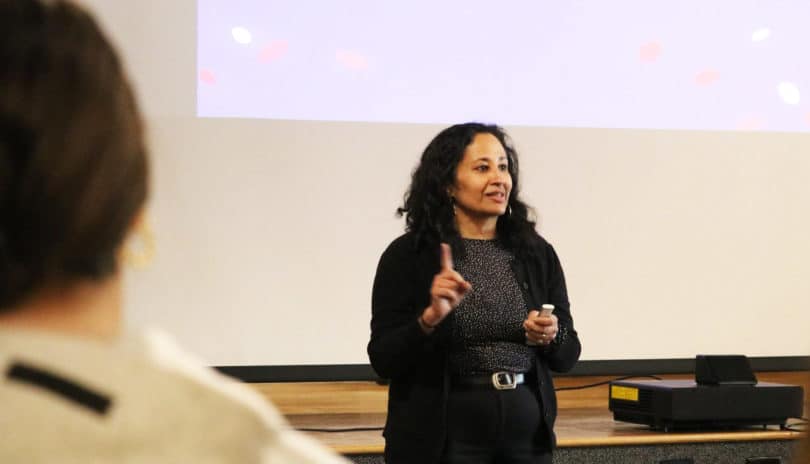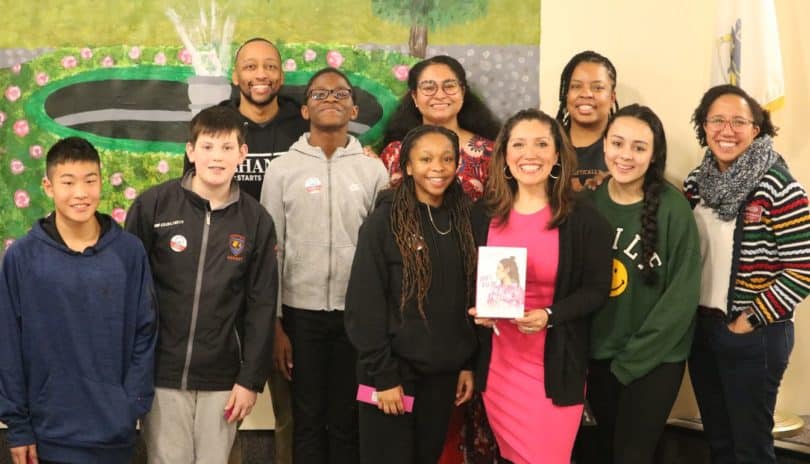By Ivy Alphonse-Crean – Director of Diversity, Equity, and Inclusion
Picture this for a moment: You finally manage to schedule a teeth cleaning appointment with your favorite dentist. Now, you’re supposed to get cleanings every six months, but because life is, well, life, you lapsed a little bit, and now it’s been about a year since your last checkup. But, you aren’t worried, because the last time you had your teeth cleaned, you were given a perfect bill of health. “I can tell that you floss!” the dentist even exclaimed with a broad, pearly white smile.
So, in this moment of vulnerability and slight discomfort, you open your mouth wide and say “Aaaaaah,” knowing that the past year is now boldly on display for the dentist to review. To your slight dismay, the dentist has located a small cavity. “Nothing serious, and it might reverse itself, but you need to be more attentive about brushing and flossing those back molars.”
In a place as ordinary as a dentist’s office, we can see how what we thought we knew can change over the course of one visit, and that coming to a new understanding might bring with it a bit of discomfort, but, ultimately, it is for our overall health that we make necessary changes. In my short time at DCD, I have observed and, frankly, reveled in a community that is full of joy, open communication, and learning. The desire to learn, to change and to evolve that is so innate and natural in children, is seen throughout our school community.
That said, everyone and every community has its blindspots — those back molars that can be difficult to see and reach unless you are intentionally doing so. Evaluating a school’s commitment to diversity, equity, inclusion, and belonging must be approached with similar intentionality, and without the assumption that it will just “happen.” After all, we want to avoid small cavities that might later morph into a more noticeable, and more serious, concern.
One of the first projects I have taken on as Director of Diversity, Equity, and Inclusion is to work with a consulting firm, Pollyanna, on an Inclusion and Belonging Assessment (IBA). In the same way we look at DCD through periodic AISNE evaluations, an IBA allows for our leadership and community to learn about ourselves in the context of diversity, equity, inclusion and belonging. These kinds of assessments have many names, but their ultimate goal is to provide information — a check-up, if you will — for where we are as a community. Most exciting for me is the prospect of helpful qualitative data that will inform our strategic planning going forward.
Many of you reading this piece have already participated in parts of our IBA. The process began over the summer as our consulting team met with senior leadership at DCD to discuss the timing of this project. Then, in early October, there were focus groups, where open-ended questions were asked by facilitators to various constituents within our community. Constituent groups included faculty, staff, parents, students, and board members. These small focus groups were used to learn more about DCD and to inform the tone and questions in our community survey. In late October, parents (current and past), board members, faculty, alumni, and middle school students received our community survey. Your collective feedback has been crucial, as it provided valuable data around what next steps DCD should take as a community. Our Pollyanna team has aggregated data from the survey and focus groups and will be sharing several summary reports, along with recommendations for how DCD can become a more inclusive community.
At DCD, I am often awed by how much learning happens on a daily basis, whether through beautification of campus by first-grade students, or fifth graders knitting a hat for the first time, or plays performed with aplomb at each grade level. Taking a temperature check of our amazing school is just another way for us to learn about ourselves and to joyfully center us as a community for the next several years — and beyond. I sincerely thank all of you for the time you spent participating in this process, and for giving voice to your experiences at DCD. Together, we are charting a path into DCD’s future, a future where we are all seen, heard, and safe, secure in the knowledge that our community is ever growing and ever mindful of its needs and the needs of others.







